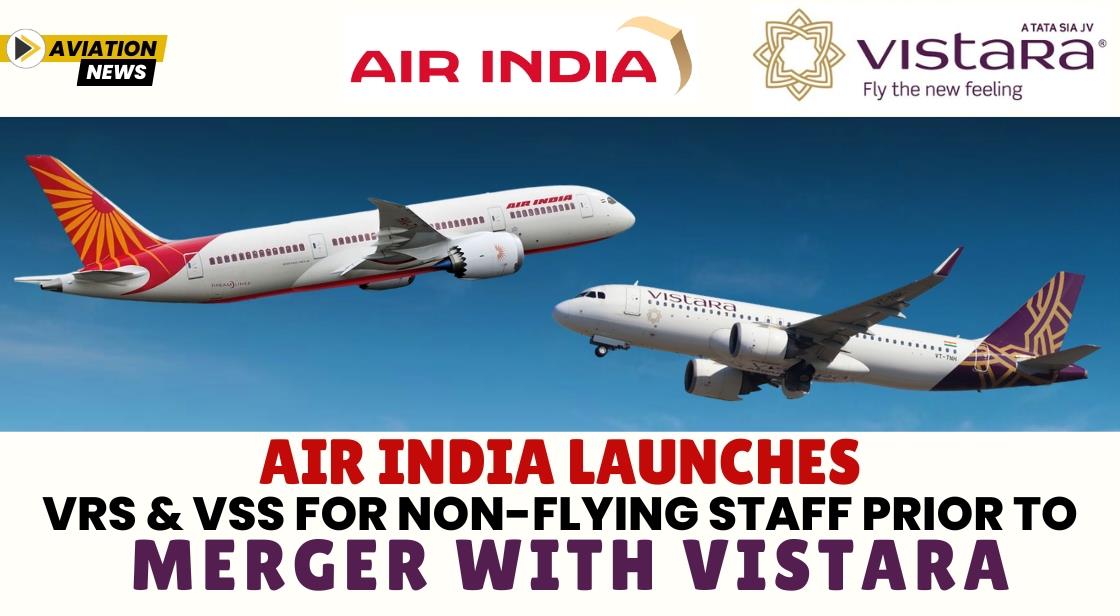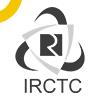Air India Launches VRS and VSS for Non-Flying Staff Prior to Merger with Vistara

News Synopsis
Air India, in preparation for its upcoming merger with Vistara, has announced two new separation schemes for its non-flying permanent staff. This move aims to streamline operations and potentially reduce redundancies following the consolidation.
Unveiling VRS and VSS: Voluntary Separation Options for Air India Staff
The airline introduced a voluntary retirement scheme (VRS) for employees with a minimum of five years of service. Additionally, a voluntary separation scheme (VSS) is available for those who have been with Air India for less than five years.
While specific details regarding the financial compensation packages haven't been disclosed yet, Air India has provided a one-month window for employees to apply for these separation options.
This marks the third time Air India has implemented a VRS program for its permanent staff since its privatization by the Tata Group in January 2022.
Merger Impact: Potential Job Reductions and Redeployment Efforts
Earlier reports estimated that the merger could impact around 600 employees from both Air India and Vistara. Together, these Tata-owned airlines employ a workforce exceeding 23,000 individuals.
News sources suggest that Vistara might soon unveil similar separation plans for its staff. Following a comprehensive role assessment process, some redundancies are likely to occur. Air India, however, is actively exploring options to redeploy these affected employees within the broader Air India group or other Tata companies.
Vistara, a joint venture between Singapore Airlines and the Tata Group, will retain a 25.1% stake in the merged entity.
Merging Expertise: Leadership Continuity at Air India
To ensure a smooth transition, the Tata Group plans to retain Air India's current leadership team post-merger. News reports indicate that senior executives, including Air India's CEO Campbell Wilson, Chief Commercial Officer Nipun Aggarwal, and Chief Financial Officer Sanjay Sharma, will all continue in their respective roles.
Vistara's CEO, Vinod Kannan, is expected to return to his parent company, Singapore Airlines, after the merger. Kannan, who served as Vistara's Chief Strategy Officer since 2019, will resume his duties at SIA.
The joint venture agreement between Tata Sons and SIA stipulated SIA's right to appoint Vistara's CEO, while the Tata Group selected the airline's Chief Financial Officer. Deepak Rajawat, Vistara's current Chief Commercial Officer, is expected to join the newly merged entity.
Ongoing Evaluation: Preparing for a Streamlined Future
For several months, both airlines have been engaged in a thorough evaluation process, meticulously examining staff roles and responsibilities. This assessment considers factors like prior experience and performance to identify the best fit for the merged entity.
Tata Group's airline consolidation efforts extend beyond the Air India-Vistara merger. The group is also merging Air India Express with AIX Connect (formerly AirAsia India).
This strategic reshuffling aims to create a more efficient and unified aviation network under the Tata umbrella.
You May Like









